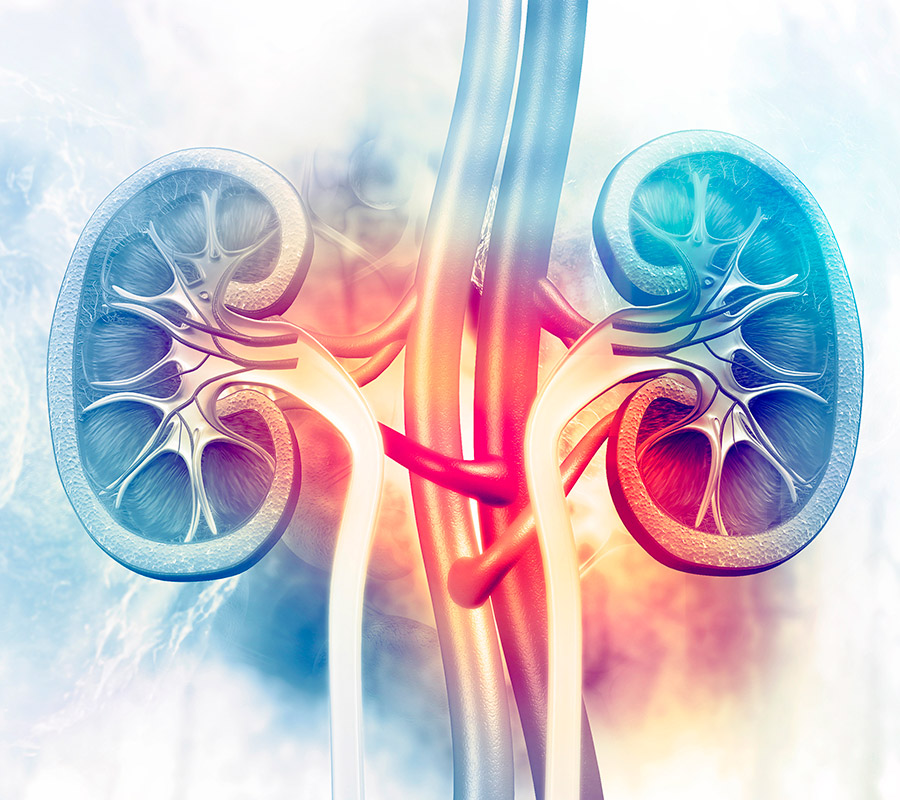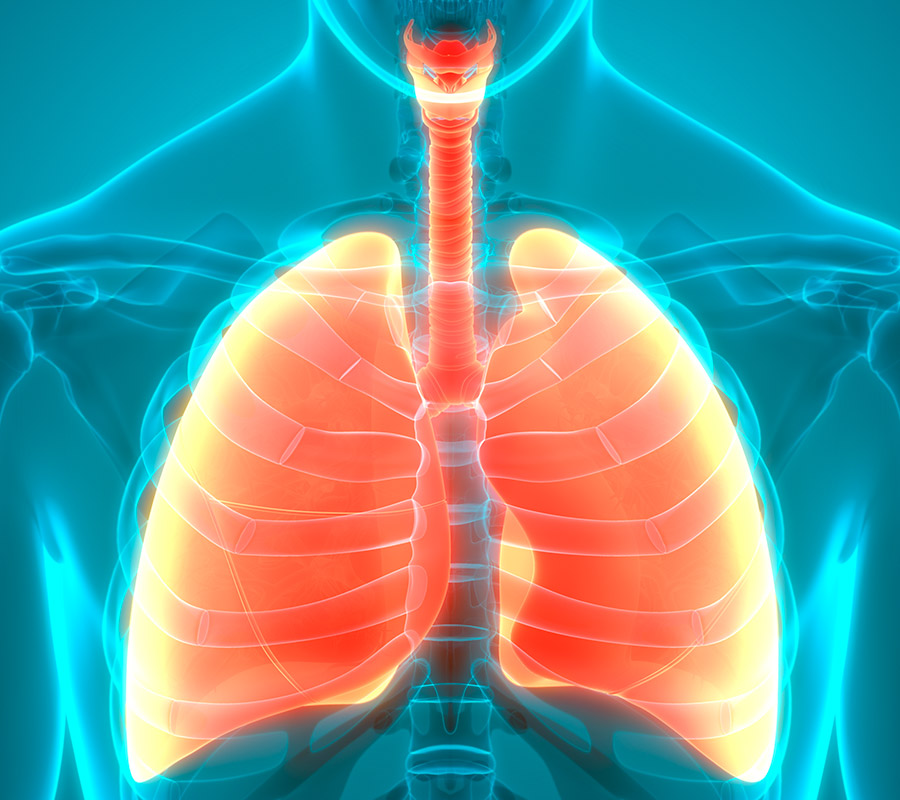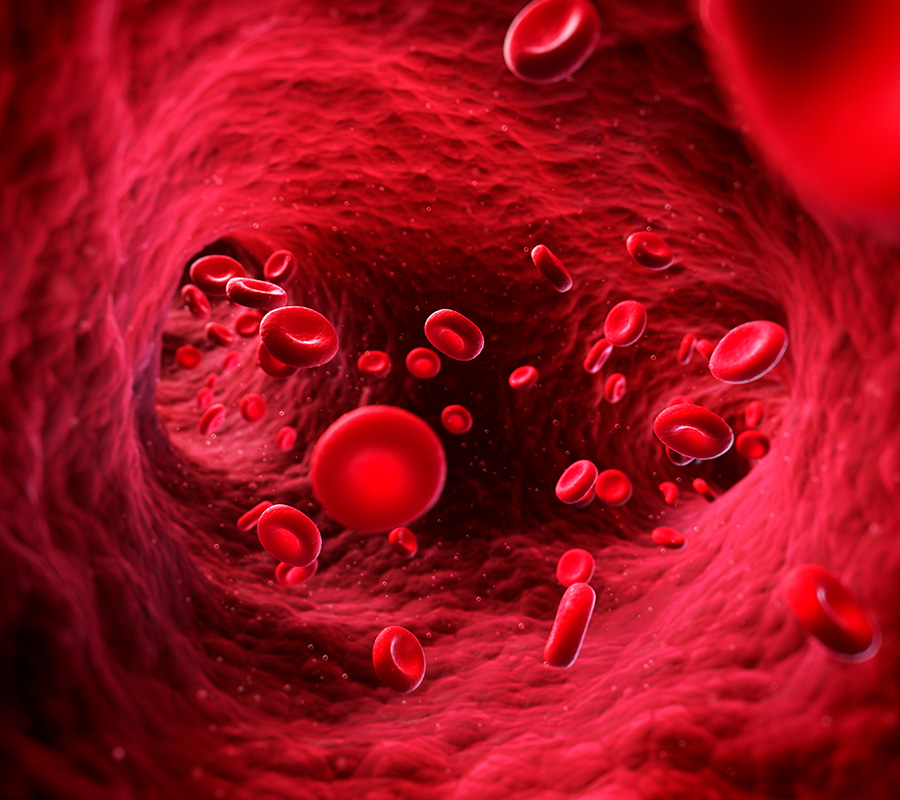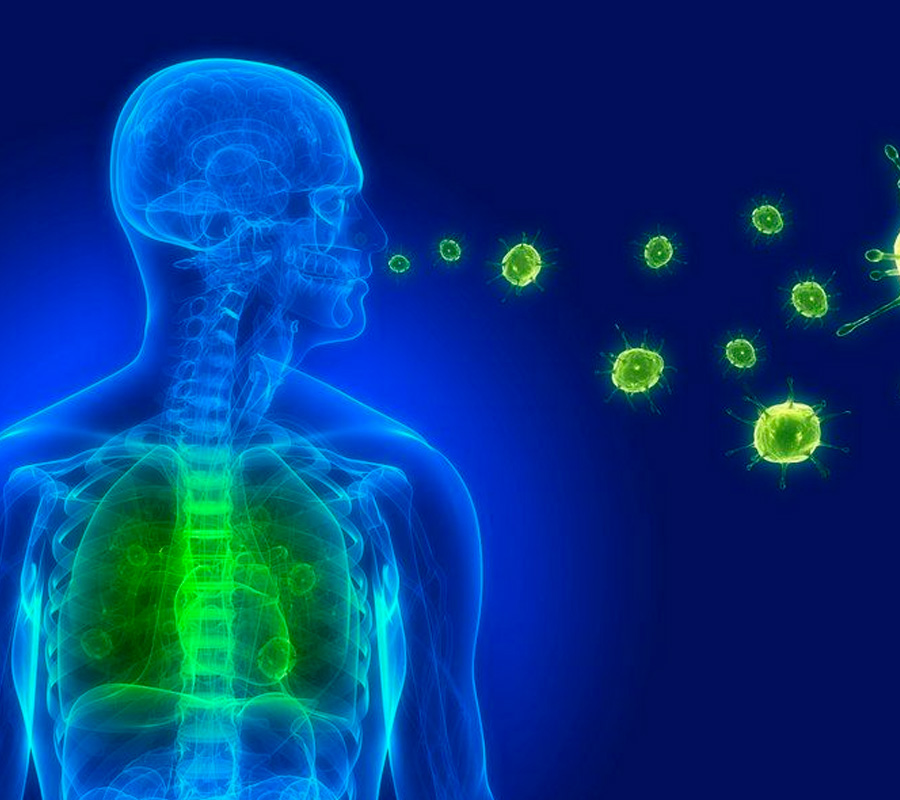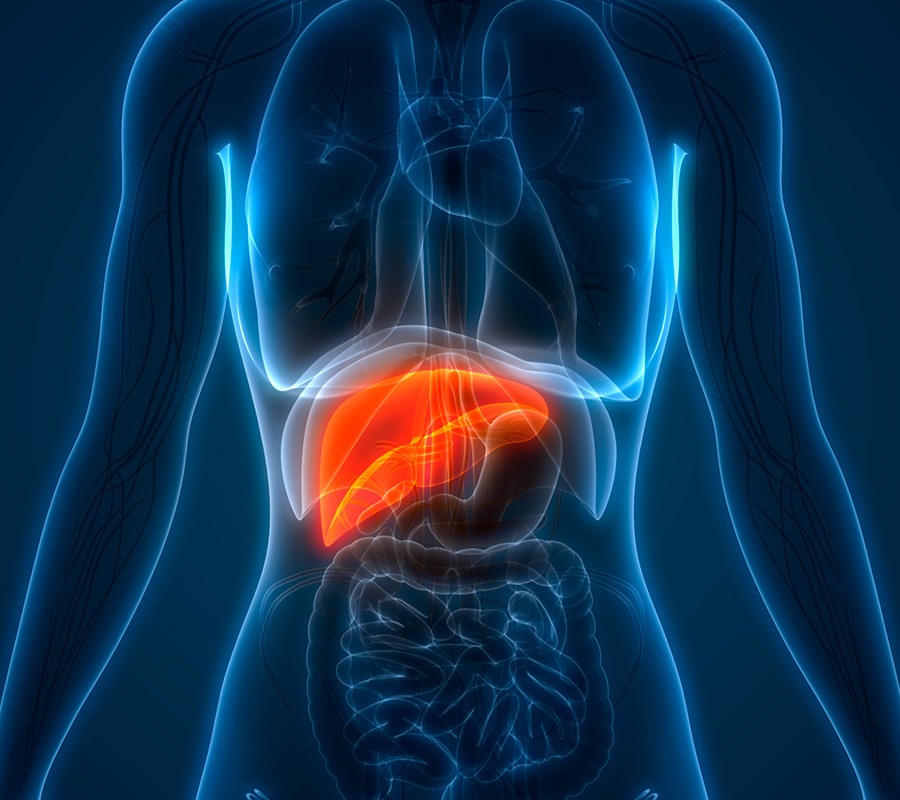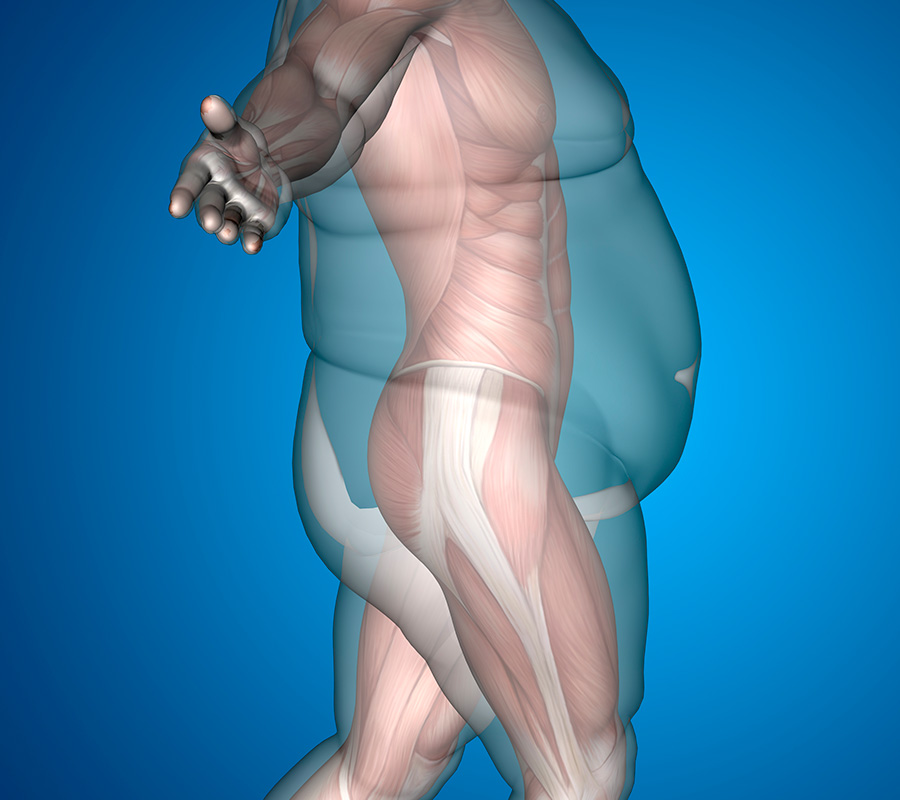Recently the Centers for Disease Control and Prevention, published a series of recommendations to prevent the spread of COVID-19 in people who suffer from chronic diseases, taking into consideration that they have a greater risk of serious coronavirus disease.
Chronic diseases and COVID-19
- Chronic kidney disease
- Chronic lung diseases
- Diabetes
- Hemoglobin disorders such as sickle cell disease and thalassemia
- Immunocompromised status (weakened immune system) of blood, bone marrow or organ transplant; HIV; use of corticosteroids; or the use of other immune-debilitating medications
- Liver disease
- Serious heart conditions and other cardiovascular and cerebrovascular diseases
- Obesity
- Neurological conditions like dementia
- Smoke
- Children with certain underlying conditions
- People with multiple underlying conditions
Chronic kidney disease
- Continue your medications and diet as directed by your healthcare provider.
- Make sure you have at least a 30-day supply of your medications.
- Stay in contact with your healthcare team as often as possible, especially if you have signs or symptoms of a new illness.
- If you don't have a healthcare provider, contact your nearest community health center or health department.
- Have stable food choices to help you stick to your kidney diet.
- If you are on dialysis:
Contact your dialysis clinic and healthcare provider if you feel sick or have any concerns.
* DO NOT miss your treatments. - Plan to have enough food on hand to keep up with the 3-day emergency eating plan for dialysis patients, in case you cannot maintain your usual treatment schedule.
Chronic lung diseases
- Keep taking your current medications, including those that contain steroids ("steroids" is another word for corticosteroids).
- Make sure you have at least a 30-day supply of your medications.
- Avoid triggers that aggravate your symptoms.
- Call your healthcare provider if you are concerned about your condition or feel sick.
- If you don't have a healthcare provider, contact your nearest community health center or health department.
Diabetes
- Keep taking your diabetes pills and insulin as normal.
- Check your blood sugar level and track the results as directed by your healthcare provider.
- Make sure you have at least a 30-day supply of your diabetes medications, including insulin.
- Follow your healthcare provider's instructions if you feel sick, as well as the sick day tips for people with diabetes.
- Call your healthcare provider if you are concerned about your condition or feel sick.
- If you don't have a healthcare provider, contact your nearest community health center or health department.
Hemoglobin disorders such as sickle cell disease and thalassemia
- Consult your healthcare provider about telemedicine or remote care, and know when to go to the emergency department.
- Coordinate with your healthcare provider to monitor medications and therapies for your disorder (such as hydroxyurea, chelation therapy, blood transfusions, and prescription drugs to control pain) and any other conditions you may have (such as diabetes, hypertension, and arthritis).
- If you don't have a healthcare provider, contact your nearest community health center or health department.
- Try to avoid vaso-occlusive episodes and pain crises.
- Check the CDC guide on our website, in order to a healthy life with thalassemia and tips to take care of your health.
- Find SCD resources and thalassemia resources helpful for your care and for learning more about SCD and thalassemia.
- Inform family and friends about the need to healthy blood donors.
Immunocompromised status (weakened immune system) of blood, bone marrow or organ transplant; HIV; use of corticosteroids; or the use of other immune-debilitating medications
- Continue with recommended medications or treatments and follow the advice of your healthcare provider.
- Don't stop taking your medications without talking to your healthcare provider.
- Make sure you have at least a 30-day supply of your medications.
- Don't delay life-saving treatment or emergency care.
- If you don't have a healthcare provider, contact your nearest community health center or health department.
Liver disease
- Take your medications exactly as prescribed.
- Make sure you have at least a 30-day supply of your medications.
- Call your healthcare provider if you are concerned about your condition or feel sick.
- If you don't have a healthcare provider, contact your nearest community health center or health department.
Serious heart conditions and other cardiovascular and cerebrovascular diseases
Such as: Heart failure, Coronary artery disease, Congenital heart disease, Cardiomyopathies and / or Pulmonary hypertension.
- Take your medications exactly as prescribed and follow your healthcare provider's recommendations for diet and exercise while maintaining social distancing precautions.
- Follow your usual treatment of antihypertensive drugs previously prescribed by your doctor.
- Make sure you have at least a 30-day supply of your heart disease medications, including medications for high cholesterol and high blood pressure.
- Call your healthcare provider if you are concerned about your condition or feel sick.
- If you don't have a healthcare provider, contact your nearest community health center or health department.
Obesity
- Take your medications for any underlying health problems exactly as prescribed.
- Follow your healthcare provider's recommendations for nutrition and physical activity, while maintaining social distancing precautions.
- Call your healthcare provider if you have concerns or feel sick.
- If you don't have a healthcare provider, contact your nearest community health center or health department.
Neurological conditions like dementia
- Take your medications for any underlying health problems exactly as prescribed.
- Follow your healthcare provider's recommendations for nutrition and physical activity, while maintaining social distancing precautions.
- Call your healthcare provider if you have concerns or feel sick.
- If you don't have a healthcare provider, contact your nearest community health center or health department.
Smoke
- If you currently smoke, quit. If you used to smoke, don't start over. If you've never smoked, don't start.
- Advice from a Food and Drug Administration (FDA) approved health care and drug provider it can double your chances of quitting smoking.
- For help quitting smoking, call 1-800-QUIT-NOW or visit external site govicon.
- Call your healthcare provider if you have concerns or feel sick.
- If you don't have a healthcare provider, contact your nearest community health center or health department.
Children with certain underlying conditions
Si bien los niños se han visto menos afectados por COVID-19 en comparación con los adultos, los niños con ciertas afecciones pueden tener un mayor riesgo de enfermedad grave. Los niños que son médicamente complejos, que tienen serios trastornos genéticos, neurológicos, metabólicos y con enfermedades cardíacas congénitas (desde el nacimiento), así como los niños con obesidad, diabetes, asma y enfermedad pulmonar crónica, o inmunosupresión pueden tener un mayor riesgo de enfermedad grave por COVID-19.
CDC is investigating a rare but serious complication associated with COVID-19 in children called Multisystem Inflammatory Syndrome in Children (MIS-C). We don't yet know what causes MIS-C and who is at higher risk of developing it.
- Administer prescription medications for your child's underlying conditions.
- Make sure you have at least a 30-day supply of your child's medications.
- Call your child's healthcare provider if you have concerns and to discuss your child's specific conditions and risk of serious illness from COVID-19.
- Well-child doctor visits and vaccinations remain important during the COVID-19 pandemic. Stay in contact with your child's healthcare provider and make sure your child is up-to-date on vaccinations to prevent other illnesses. Learn more abouthow to protect yourself and your family during the COVID-19 pandemic.
- If you don't have a healthcare provider, contact your nearest community health center or health department.
People with multiple underlying conditions
- Continue with your medications and treatment plans as directed by your healthcare provider.
- Make sure you have at least a 30-day supply of your medications.
- Call your healthcare provider if you have any concerns or feel sick.
- If you don't have a healthcare provider, contact your nearest community health center or health department.
- Do not delay emergency care.


